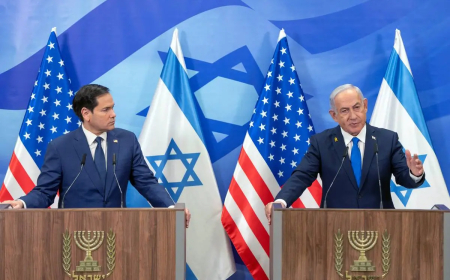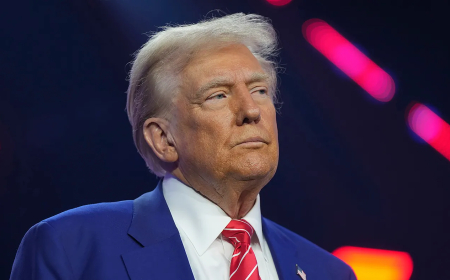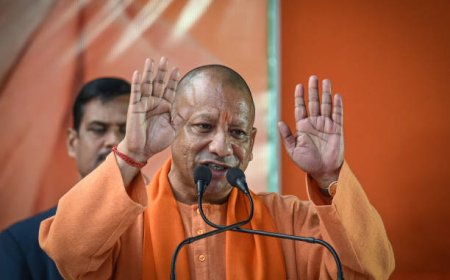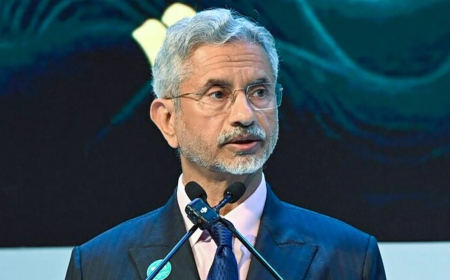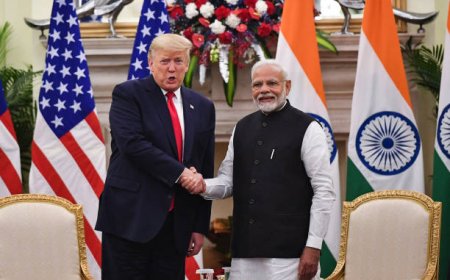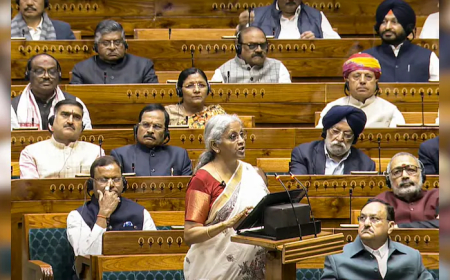Trump Asserts Authority on Reciprocal Tariffs with India
President Donald Trump emphasizes the necessity of reciprocal tariffs to address trade imbalances with India, aiming for equitable treatment of U.S. exports.
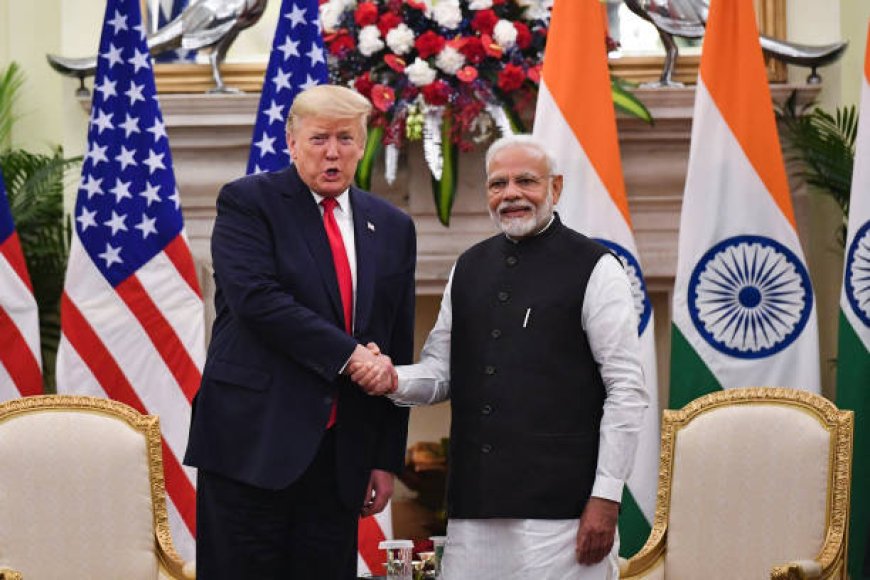
In recent discussions, President Donald Trump has underscored the importance of implementing reciprocal tariffs to rectify the existing trade disparities between the United States and India. This move is intended to ensure that U.S. exports receive fair treatment in the Indian market, aligning import duties to be equitable for both nations.
The President's stance emerges from concerns over India's high import tariffs on American goods, which he perceives as disproportionately affecting U.S. exporters. By advocating for reciprocal tariffs, Trump aims to match the duties imposed by India, thereby fostering a more balanced trade environment. This approach is designed to encourage India to reassess its tariff structures, promoting mutual economic growth and fair competition.
During a recent meeting at the White House, President Trump and Indian Prime Minister Narendra Modi engaged in discussions centered on enhancing economic cooperation. While both leaders expressed a desire to strengthen ties, the issue of tariffs remained a focal point. Trump highlighted the necessity for India to reduce its import duties on American products, emphasizing that such measures would be beneficial for both economies. Prime Minister Modi, in response, acknowledged the concerns and indicated a willingness to explore potential adjustments to India's trade policies.
The concept of reciprocal tariffs is not new to President Trump's trade agenda. He has consistently advocated for measures that ensure American businesses are not disadvantaged in international markets. By implementing tariffs that mirror those of trading partners, the administration seeks to create a level playing field. This strategy is particularly pertinent in the context of U.S.-India trade relations, where significant imbalances have been observed.
Critics of this approach argue that escalating tariffs could lead to trade wars, adversely affecting global markets and economic stability. However, supporters contend that such measures are necessary to compel trading partners to engage in fair practices. In the case of India, the high tariffs on products such as motorcycles and whiskey have been points of contention. Addressing these issues through reciprocal tariffs could incentivize India to lower its duties, thereby benefiting consumers and businesses in both countries.
As the dialogue between the United States and India continues, the implementation of reciprocal tariffs remains a pivotal topic. Both nations recognize the value of a robust economic partnership, and efforts are underway to resolve trade disparities. The outcome of these negotiations will significantly impact the future of U.S.-India relations, setting a precedent for how trade imbalances are addressed in the global arena.


